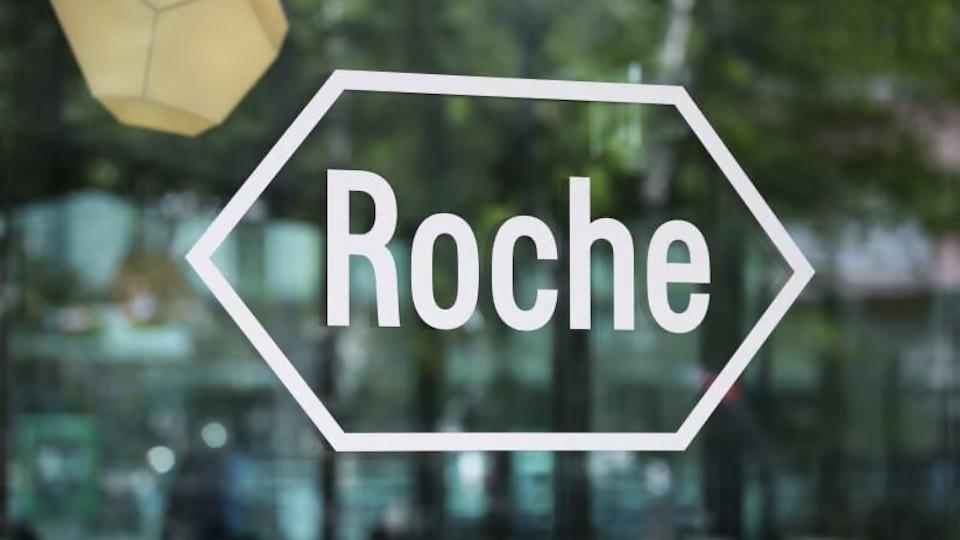Roche says it has shed 20% of NMEs from its pipeline

Roche chief executive Thomas Schinecker said today that one in five of the pharma division’s pipeline of new molecular entities (NMEs) has been culled in the last few months as part of a shift in focus on “high impact” projects.
Since the start of the year, five programmes have been jettisoned, including three cancer drugs and candidates for psychiatric disorders and complicated urinary tract infection (cUTI), with the latter replaced by an improved compound.
The overall aim is to conserve R&D cash that can either be rerouted to other projects or used to license drugs from external sources.
Among the casualties is camonsertib (also known as RP-3500), a small-molecule ATR protein kinase inhibitor licensed from Repare Therapeutics in 2022 in a deal that included $125 million upfront and up to $1.2 billion in downstream payments. In February, Roche announced it was returning rights to the drug to Repare, which has said it intends to take the drug forward on its own and is looking ahead to new data later this year.
Also discarded is belvarafenib (previously HM95573), a small-molecule pan-RAF inhibitor that was also in phase 1b testing as a solid tumour therapy. It was licensed from South Korea’s Hanmi Pharma in 2016 for $80 million upfront – when it was also in early-stage – in a deal worth up to $910 million.
Hanmi, which retained rights to the drug in its home market, said last year it was planning phase 2 trials in melanoma patients that could lead to a possible approval in Korea from 2026 onwards, according to a Korea Biomedical Review report.
The last of the cancer therapies to be disposed of is RG6286 (also known as BLYG8824A,) a bispecific antibody binding to the extracellular domain of LY6G6D and the CD3 subunit of the T-cell receptor that was being tested in a phase 1 trial in patients with locally advanced or metastatic colorectal cancer (CRC).
The cUTI candidate that has not made the cut is RG6319, a type I signal peptidase (LepB) inhibitor discovered by Roche’s Genentech unit that was under development for the treatment of infections caused by Enterobacteriaceae species. That has been replaced in the pipeline by a follow-up LepB inhibitor codenamed RG6436, according to Roche’s update.
Finally, Roche has also dispensed with RG6163, which was in phase 1 development for psychiatric disorders, although there is little information available publicly on the compound or its mechanism of action.
The pipeline news was announced as Roche reported a 6% fall in its first-quarter pharma revenues to just under CHF 11 billion ($12 billion), which it said was equivalent to a 2% increase if exchange rate fluctuations in the Swiss franc compared to the same period of 2023 were taken into account.
Schinecker said the underlying momentum in both pharma and diagnostics was strong, as he looked ahead to two NME approvals this year, namely PiaSky (crovalimab) for paroxysmal nocturnal haemoglobinuria (PNH) – already cleared in China – and inavolisib for hormone receptor-positive breast cancer.
He confirmed the company’s guidance of mid-single-digit sales growth, driven by products like eye disease therapy Vabysmo (faricimab), Xolair (omalizumab) in the new indication of food allergies, Alecensa (alectinib), recently approved for adjuvant use in early-stage lung cancer.












